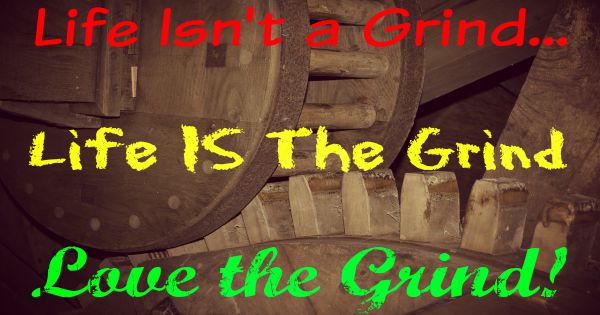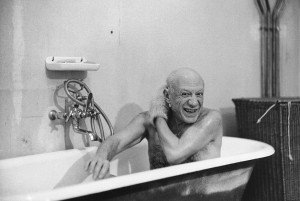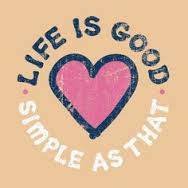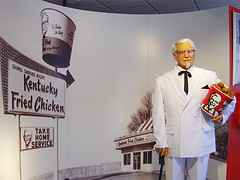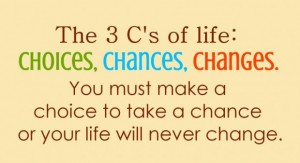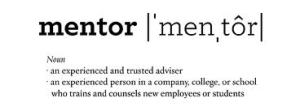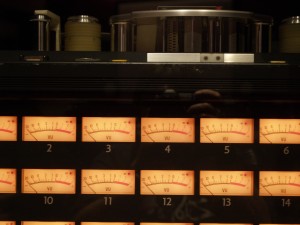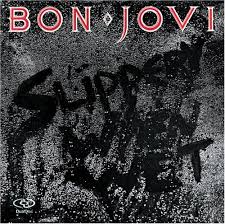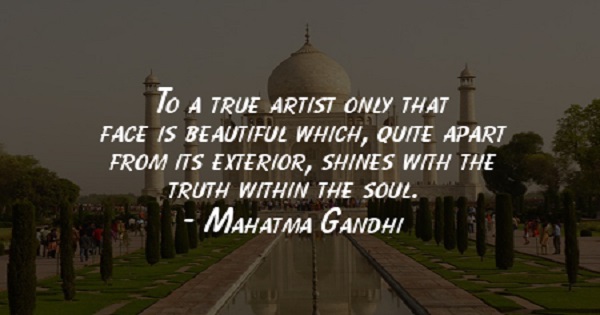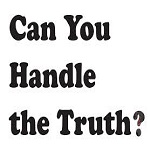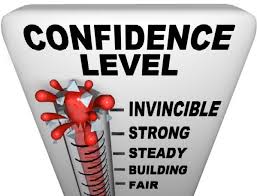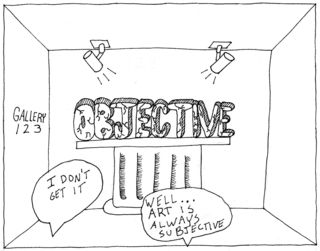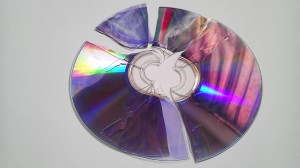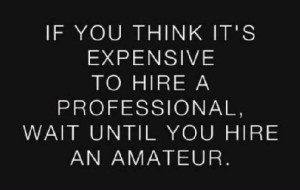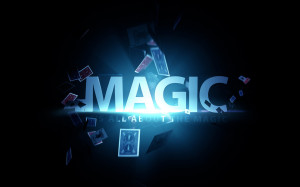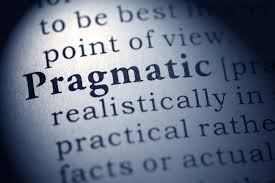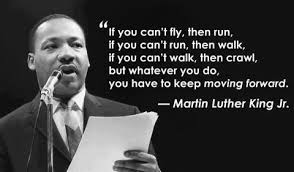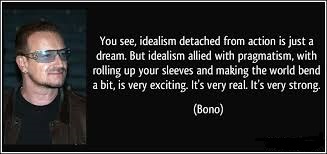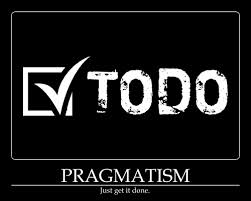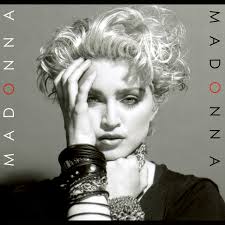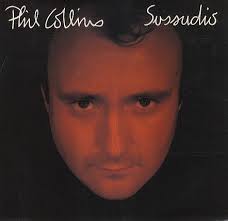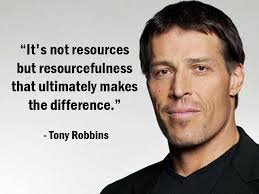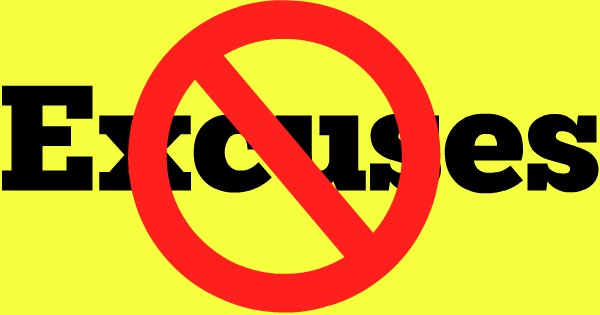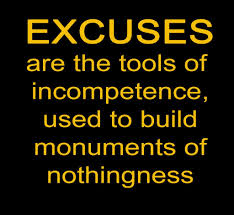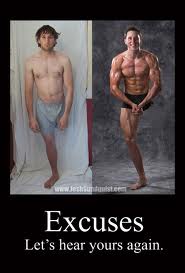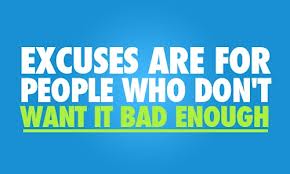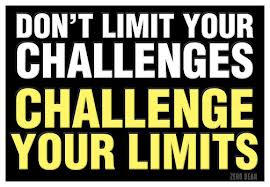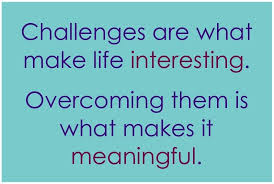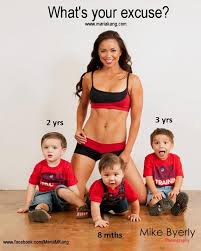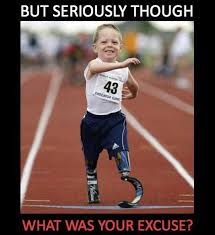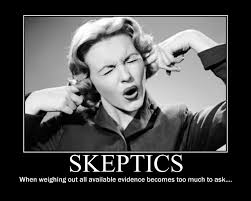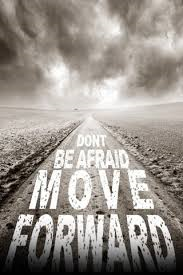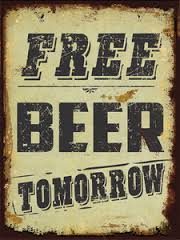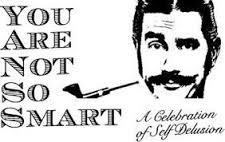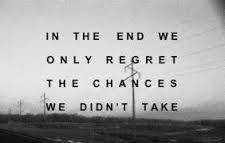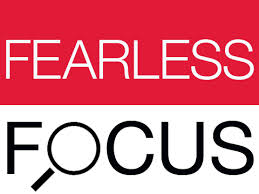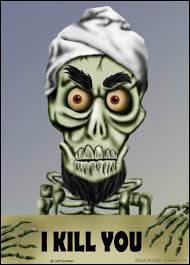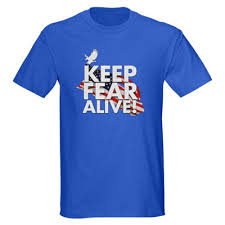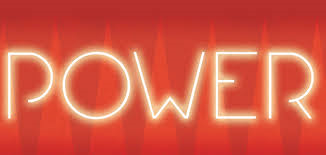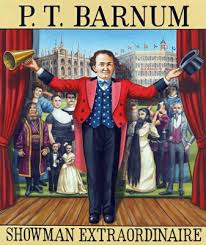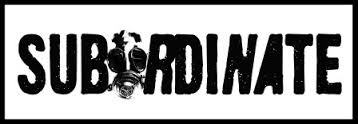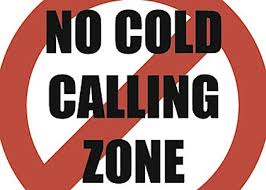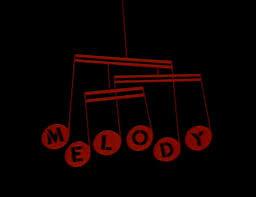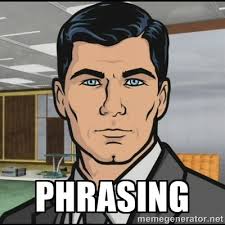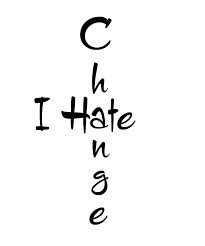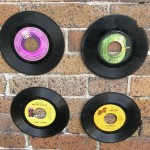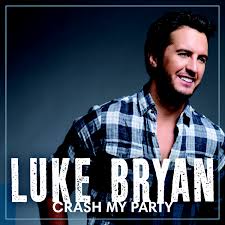I’ve got big news for all of you. Life is not a grind, life IS THE GRIND. Life is what happens while you’re waiting around making plans.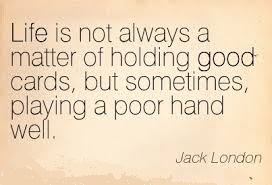
The trick to life is understanding that you have to LOVE the grind.
Life is not the future, life is not the past; life is RIGHT NOW.
When you love the grind you find happiness, you make money by accident, you stay child-like, and you make miracles happen.
The antithesis of loving the grind is living the dichotomy.
Do you live the dichotomy?
Tweet me, Google + me, email me, comment below, but tell me if you live the dichotomy after you read this article.
I really want to know.
“Never permit a dichotomy to rule your life, a dichotomy in which you hate what you do so you can have pleasure in your spare time. Look for a situation in which your work will give you as much happiness as your spare time.” –Pablo Picasso
Are you one of the artists who is bitching about the current state of the music industry?
Are you constantly waxing about how much easier it would have been had you been an artist 20 years ago?
You have to be the person that makes things happen.
Life, and therefore your artistic career is a numbers game. Plain and simple.
The more you do, the more opportunities you make for yourself, the more chances you have to gain momentum.
You don’t gain momentum tomorrow, you do the work that gains momentum today.
Too many of you are hiding behind some bullshit society or industry created rules, comments, political correctness, glass ceilings, social norms, trajectory obstacles, and old-school business practices, as excuses to forgive yourselves for not delivering on your own dreams.
THEY ARE YOUR DREAMS FOR CRYING OUT LOUD!!
I want to go on record saying that every artist that was worth a damn who ends up quitting on their dream was thwarted by their own doubts and insecurities.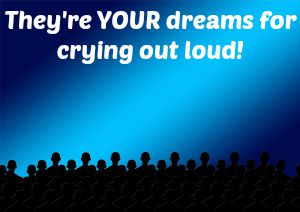
You’re no different than any other artist.
You’re no different than your favorite icon.
The only variance is your perspective on life. They ALL had challenges, man. You never saw what they went through to take their place in history.
You are only aware of the success.
At 23 years old, J.K. Rowling was broke, Tina Fey was working at the YMCA, Oprah had been fired as a TV Reporter, and Walt Disney filed for Bankruptcy.
Here is a behind the scenes look at one amazing success story. You are ALL familiar with his brand, like it or not.
I broke this amazing story down into 50 line items because there were that many COMPELLING pieces (that I could find).
Harland David Sanders had quite a life before becoming an icon.
- His father came home with a fever and died when Harland was just 5 years old.
- After the death of his father Harland’s mother got a job in a tomato cannery so He was looking after and cooking for his siblings (still 5
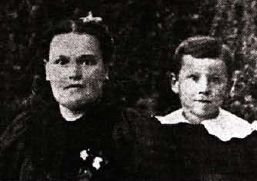 years old).
years old). - By 7 he became skilled at cooking up whatever food his brothers and sisters could forage, while mom was at work. (THAT’S poor).
- At 10 years of age he was working as a farmhand.
- At 12 years old, his mother remarried and Harland had a tumultuous relationship with this step-father.
- At 13 he dropped out of the 7th grade.
- At 14 he was farmhand then a streetcar conductor in Indianapolis.
- At 16 years old he falsified his age and enlisted in the army.
- Honorably discharged when he was 17.
- At 17 he moved to Alabama to live with an Uncle. Harland’s brother Clarence also moved to Alabama to escape their evil, abusive stepfather.
- Sanders was studying law at night to improve his education through a correspondence course. (work today to make momentum tomorrow)
- Harland lost his job at Illinois Central Railroad after a brawl with a colleague.
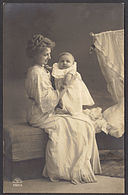
- Because he lost his job, Sanders was separated from his wife and 3 kids for 3 years; they went to live with her mother.
- After practicing law for 3 years, Harland earned enough money to move his wife and children back in with him.
- Then he blew his legal career after a courtroom brawl with his own client.
- After that Sanders moved back in with his mother.
- When Harland was 26 years old, he started selling insurance for Prudential Life Insurance Company, where he was eventually sacked for insubordination.
- He moved to Louisville, KY and got another job selling insurance for Mutual Benefit Life of New Jersey (that’s called perseverance).
- When Harland was 30 years old, he started a ferry boat company that operated on the Ohio River. He canvased for funding, in other words, he ASKED everybody to invest, they did, which made him a minority shareholder and got him the belittled title of “Secretary†in his own company. (That company became an instant success, btw).
- At 32 he became a secretary at the Chamber of Commerce in Columbia, Indiana. (he admittedly sucked at that job and resigned 1 year later).
- Sanders cashed in his lucrative ferry boat company shares for $22,000 (around $307,000 in today’s money) and used the funds to establish a company that manufactured acetylene lamps.
- That company quickly failed after Delco came out with an electric lamp that they sold on credit.
- At 33 years old, Harland moved to Winchester, KY and worked as a salesman for Michelin Tire Company.
- At 34 years old, he lost his job because Michelin closed their New Jersey manufacturing plant.
- That same year, Sanders happened to meet the General Manager of Standard Oil of Kentucky who convinced him to open a service station in Nicholasville, KY.
- That station closed 6 years later because of the Great Depression. (the worst economy this country has ever seen).
- That same year, 1930, Harland was now 40 years old, he was offered a service station in Corbin, KY by Shell Oil Company, rent free, in exchange for a percentage of sales.
- In 1932, when Sanders was 42 years old, his only son Harland Jr. died from infected tonsils.
- Harland never gave up, huh? To bolster his income, Sanders began serving chicken dishes and other meals like country ham and steaks out of his residence adjacent to the service station. (Resourceful lad)
- Sanders eventually opened a motel and restaurant from the profits

- When he was 45, Sanders was commissioned as a Kentucky Colonel by Kentucky Governor Ruby Laffoon.
- When he was 49, He got a favorable write up in a popular travel magazine from a respected food critic.
- Later that same year, Harland’s now hugely popular restaurant and motel burned to the ground.
- He rebuilt the Corbin, KY location as a new 140-seat restaurant and motel.
- He expanded and opened a new motel in Ashville, North Carolina.
- By the time he was 50, Harland had perfected his “secret recipe†for Fried Chicken in a pressure fryer which cooked it faster than pan frying.
- At 51 years of age, WWII broke out, gas was rationed, tourists dried up, and Sanders was forced to close his Ashville, SC motel.
- He then got a job as a supervisor in Seattle. (leaving his mistress to run the Corbin, KY restaurant and motel)

- Then he worked for the Government at an ordinance works cafeteria in Tennessee.
- Then he worked as an Assistant Cafeteria Manager in Oak Ridge, Tennessee.
- At 57 he divorced his wife
- At 59 he finally married his mistress
- At 62 years old, Colonel Sanders franchised “Kentucky Fried Chicken†for the first time. The Utah store’s sales TRIPLED in the first year, 75% of the sales increase was from fried chicken. (FYI, the Utah restauranteur loved fried chicken because it differentiated his store from the competition with the imagery of “Southern Hospitalityâ€) (Are you different?)
- After the Utah success with Kentucky Fried Chicken, several other restaurants successfully franchised the recipe.
- Harland thought the Corbin location would live forever but alas, at 65 years old, he was forced to sell it as the new Interstate 75 had significantly reduced customer traffic.
- Now, at 65, Colonel Harland Sanders was left with his savings and $105 a month in social security.
- He decided to REALLY try and franchise his recipe. (If you’re going to sell 10,000 CD’s you have to meet 10,000 people and shake 10,000 hands, right? He went out to shake some hands).
- He travelled the country, often sleeping in his car to cook the chicken for a suitable restaurant owner. If they like it, they would negotiate a franchise deal.
- The money required to grow the fulfillment piece of the business (someone had to mix the spices, bag them, and ship them to the rapidly growing number of stores) was not there. Sanders asked 1,000 people to invest, the last one finally did and they grew the chain. (999 “no’s†got him a “yesâ€)
- It became too much for him at 72 years old and he sold the franchise for $2 million dollars. ($15,800,000.00 in today’s money)
So Colonel Sanders had it easy right?
He became rich and famous.
You’d love to have his life, right?
All you need is great recipe or a great song and you too can be as rich and famous as Colonel Sanders, right?
YOU NEVER SEE THE STRUGGLE.
YOU NEVER SEE THE HUSTLE.
I’ll bet none of you have had this kind of struggle. Yes, all of you have gone through some of his struggle.
But all this? In one life? WOW!
You’re stronger than you think, people. The only person that DIDN’T get in the way of Harland Sanders was Harland Sanders in the end. At the beginning he got in his own way OFTEN didn’t he?
Today, I can safely say that ALL OF YOU have it easier than your favorite icons did when they were coming up.
They would have FREAKED over the targeting power of social media and the internet.
Whatever your struggle is, be it personal health issues, handicaps, doubts, traumas, setbacks, injuries, mental disorders, lack of money, crappy family, mental abuse, physical abuse, etc., you’re not the only one.
Google your biggest problem and find the famous or iconic people that overcame that same issue.
Do it.
Nobody could break the 4 minute mile until someone broke the 4 minute mile and then tons of people broke the 4 minute mile simply because they saw it could be done.
Get it?
Toughen up. It’s all in your head.
The pain is real but how you deal with it is up to you.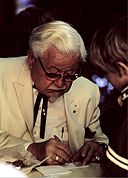
Your favorite artists had to overcome amazing challenges in life.
ALL of the most successful people had incredible setbacks, don’t fool yourself.
The difference between them and you is that so far, they have chosen to rise above all obstacles and move forward to reach their dreams.
Have you?
Stay
In
Tune
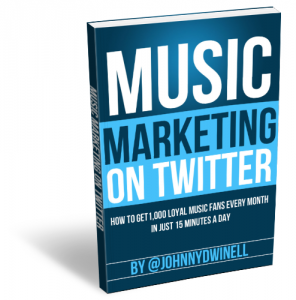 PS: If you haven’t already downloaded my free Music Marketing On Twitter book, please enjoy it on me. Go to GiftFromJohnny.com put  in your name and tell us where to send it. It’ll teach you how to get 1,000 new targeted followers every month for just 15 minutes per day.
PS: If you haven’t already downloaded my free Music Marketing On Twitter book, please enjoy it on me. Go to GiftFromJohnny.com put  in your name and tell us where to send it. It’ll teach you how to get 1,000 new targeted followers every month for just 15 minutes per day.
If you like this post, please SHARE it and/or LEAVE A COMMENT thank you!
[ois skin=”Bottom Post”]

